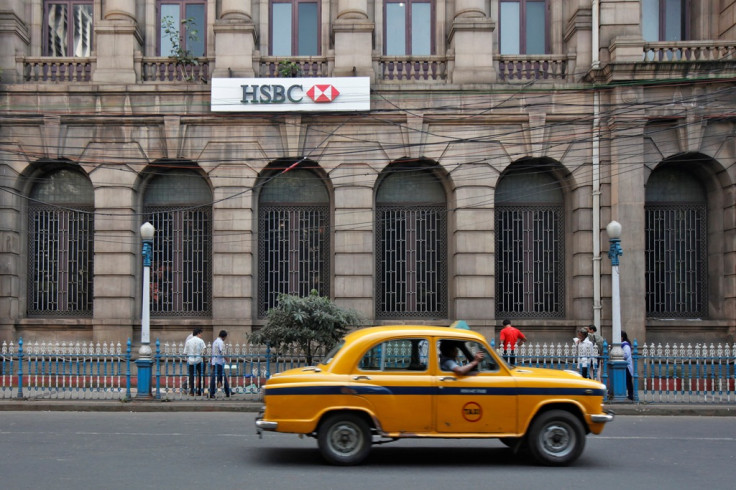European Banks Have Loaned Over $3tn to Emerging Markets

European banks have loaned in excess of $3tn to emerging markets, more than four times US lenders, and several banks are not immune to increases in financial market turbulence in countries such as Turkey, Brazil, India and South Africa.
Six European banks – BBVA, Erste Bank, HSBC, Santander, Standard Chartered, and UniCredit – faced the most risk, unnamed analysts told Reuters.
Meanwhile, Deutsche Bank analysts said the six most exposed European banks, which they refused to name, had more than $1.7tn (£1tn, €1.3tn) of exposure to developing markets.
An emerging markets crisis could hit banks in a number of ways - a collapse in local currency can impact earnings or capital held in the country; loan defaults could rise as interest rates rise; or income from capital markets activity or private banking can drop.
We think EM (emerging markets) shocks are a real concern for 2014.
JPMorgan analyst Kian Abouhossein estimated that the investment banking units of HSBC and Standard Chartered each generated some $2.1bn to $2.2bn from emerging markets, while Credit Suisse and Deutsche Bank raked in $1.1bn each.
Loan defaults posed the biggest risk, analysts added. Often a credit shock follows or replaces a currency shock, as was the situation in Argentina in 1999-2002.
Emerging markets exposure could be a headache for European banking industry just as it prepares for a demanding health-check by the European Central Bank (ECB), which hopes to uncover weak links and restore investor confidence in the aftermath of the 2008 financial crisis.
"We think EM (emerging markets) shocks are a real concern for 2014," said Matt Spick, analyst at Deutsche Bank. "When currency (volatility) combines with revenue slowdowns and rising bad debts, we see compounding threats to the exposed banks," Spick told Reuters.
"A significant increase in volatility in EM bonds and FX may result in volumes drying up and hence a potential for a material slowdown in EM fixed income revenues," Abouhossein said.
Varied Exposure
Barclays would be most exposed to South African problems.
Barclays would be most exposed to South African problems, analysts said. Standard Chartered and HSBC would be hit by problems in India and Indonesia.
BBVA and UniCredit could be affected by troubles in Turkey; while Santander is most exposed to Brazil.
Europe's banks have cut their foreign loans since the financial crisis and have significantly increased the amount of capital they hold – they now have a better cushion to absorb losses.
However, some 12% of their assets remain in emerging markets, and about a quarter of their earnings are generated from the region as businesses there are "unusually profitable," Deutsche Bank's Spick said.
Standard Chartered derives more than 90% of its earnings from Asia, Africa and the Middle East, and warned in December 2013 that its decade-long record of earnings growth would likely end.
European banks had loaned $3.4tn to developing countries at the end of September, 2013 according to data from the Bank for International Settlements.
British banks had a $518bn exposure to the Asia-Pacific region; Spanish banks had $475bn of loans to Latin America; and banks in France and Italy each had $200bn of exposure to developing economies in Europe.
BBVA had €41bn of exposure to Mexico, which in 2013 accounted for 80% of group profits, and €52bn of loans to South America.
Santander had €132bn of loans to Latin America at the end of 2013, half of which were in Brazil.
© Copyright IBTimes 2025. All rights reserved.






















